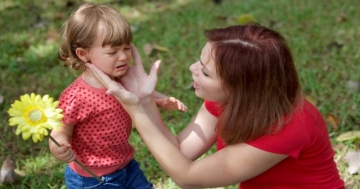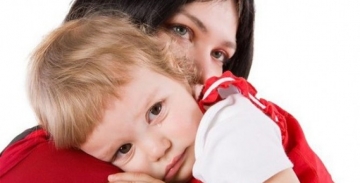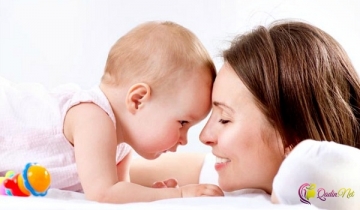Children's education, school relations, children's social adaptation
Children's education.
Children develop differently at school age, both socially and psychologically. Guzide Soyak, a professor of pediatrics at the American VKV Hospital, spoke about the position of parents and kindergartens in children's education. In an interview with the Turkish press, Soyak shared interesting information about the parent-child relationship.
Does kindergarten or mother play a special role in a child's education?
The relationship with the mother plays a very important role in the formation of the child's sense of trust. A mother is someone who meets the child's basic needs and who the child believes in. If the child's relationship with the mother is normal, then the child's social adaptation, getting used to kindergarten and accepting the education system will be easier. A child whose needs are met, respected, and behaved in a positive way is shaped in a positive way. Preschool training courses, kindergartens, etc. Such organizations are the first major social space that children recognize. They discover their interests and skills here. At the same time, they learn social frameworks and rules of conduct. For the first time, a woman other than their mother will teach them something and meet their basic needs. As their perceptual skills develop, they will also be physically, socially, and psychologically mature.
Children's habits
At what age children need to know what habits to acquire. These habits, which are not acquired in time, over time reveal a picture of a child running away from responsibility. The child should not be forced to do anything. This damages the mother-child relationship and turns the sense of attachment into a war.
At what age should I go to kindergarten?
After the age of 2, you can start kindergarten classes, which will be attended by mothers. It should also be divided into play groups and played with children up to 2-3 years old and lasting no more than 2 hours. This can be repeated 1-2 days a week. Once the baby has adapted, it should be born slowly. After the age of 3, they can be in kindergarten for 3 hours every day. The time can be extended according to the child's adaptation.
The role of kindergarten in the social and psychological adaptation of the child
In kindergarten, children are taught the rules of social acceptance and behavior. Develops the ability to work together. They are taught to share and move with their friends while eating, playing games. A child who develops skills discovers himself. He sees the difference between other children. The sense of competition is growing. Since naughty and affectionate behaviors are not accepted, he begins to behave differently and avoid responsibility.


